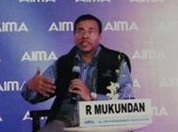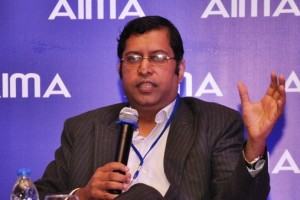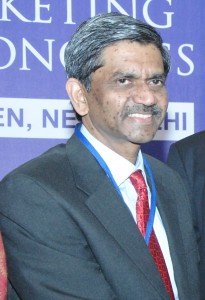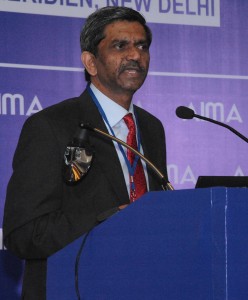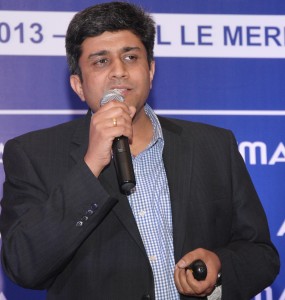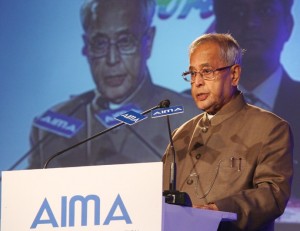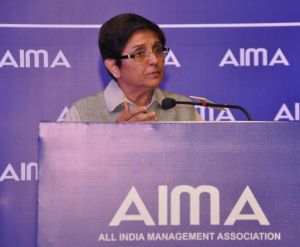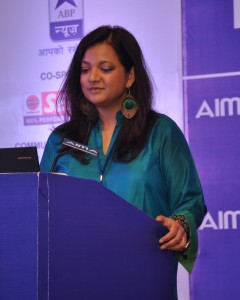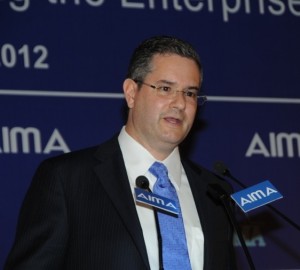Marketing is an art as well as science and to make it successful you should have a soft side to understand the emotions of customers. Mahatma Gandhi was a great man who literally made people to understand the concept of freedom. That’s a far more difficult thing to do. That’s the brilliance of him and we can learn many lessons from him. We operate in 3 businesses and we call ourselves life. We have a good team and we have constantly increased our market share in key categories over the time. When I joined Tata Salt we had the market share of around 19%, today it stands at around 60 -65%. The number 1 & number 2 brands are with us. Because we could not grow the first brand fully, we launched the second brand to attack it & we have two brands from the same family in one product category and we are thinking to launch another brand.
We also sell water purifiers and we have just started to sell pulses, which is a growing business area that is compounded every year at 16000+. When we create a brand the amount of power we have in market place is tremendous. The second piece of our business is industrial chemicals. This is truly a global business; we are present in 4 continents: Europe, Asia, Africa & United States. We are the 2nd largest glass making company. When you drink a glass of water or when you wash clothes there a bit of TATA in it. We are the key supplier to Procter & Gamble & Unilever for same. Our 3rd piece of business is focused on farm essentials. We have the largest foot-print in rural India. Tata rural retail has been profitable from past 20 years. We have 700 stores spread over UP, Haryana, Punjab & in West Bengal. Through our company Ralus we are running one of the finest & profitable rural businesses. When you look at top 10 farm brands, top 7 belong to us. We are about a 15000 crore company and we have an innovation centre too, one of our product Swacch came out of that innovation centre. You cannot address bottom of pyramid without focusing on innovation. Continue reading

